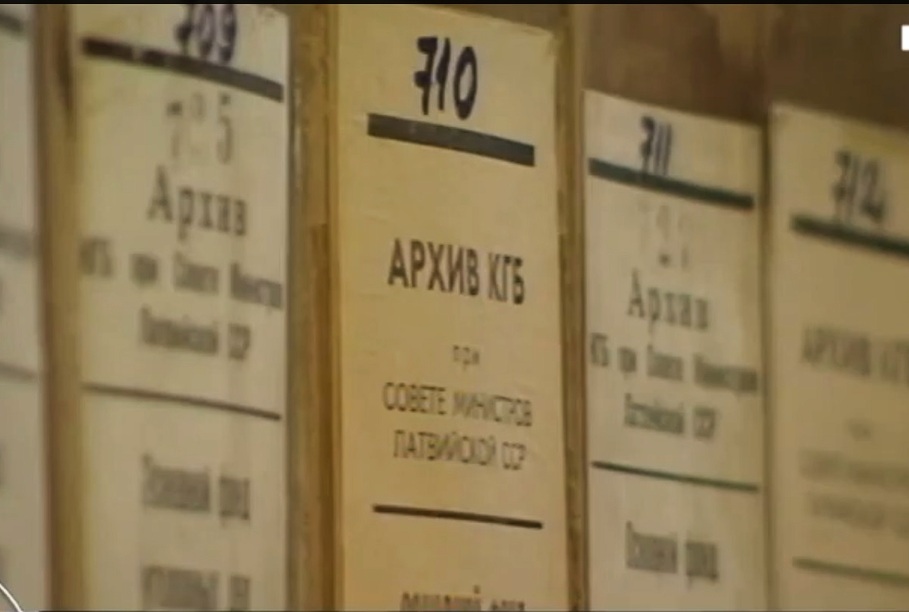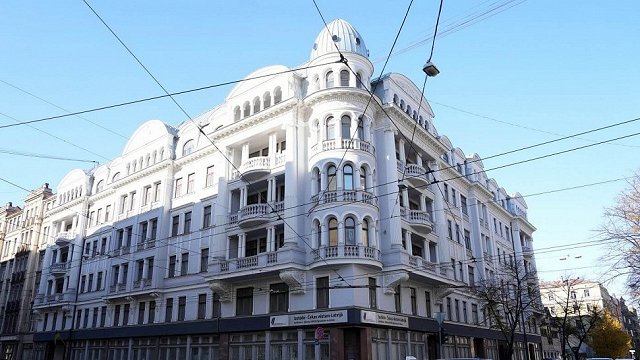The committee was created a year ago, but it hadn't started working as there were endless struggles about who'll work in and who'll manage the committee. Now an agreement has been concluded with the Institute of Latvian History at the University of Latvia, which will become the administrator of the committee.
The money granted for research and the digitization of the documents is €240,000 this year. It hasn't been used and has now to be spent extensively by the end of the year. Despite this, scientists are glad about the chance to finally start looking into Latvia's KGB research legacy, and it's planned to bring guest researchers to the project as well.
Even though they agreed with Prime Minister already in April that the committee will work under the aegis of the University of Latvia, the agreement between the Ministry of Education and the University of Latvia was signed only recently. The head of the committee, Kārlis Kangeris, said that the researchers will be hired during the current and the next week.
"We can finally start working! [..] The committee will have 13 members plus guest experts that will participate in the research [..]," said Kangeris.
Part of their research will be hindered as it's not yet clear how they'll access the documents located in the Constitution Protection Bureau (SAB), about which the committee will try to get clear with SAB in the near future. KGB documents are to be evaluated until 2018, and this year the committee will be working at the guidelines, main topics - who gets to research what - as the field of study is large and it won't be possible to encompass it all within two years, thinks Kangeris.
"We will work with the deported persons, by using criminal cases and archives, but we'll look less at the deportations of 1941 and 1945 as they've been researched more thoroughly. We have to look at the activities of the KGB, the juridical system of the KGBP and the Latvian USSR, the KGB's ties to the nomenklatura, KGB and churches, confessions, the intelligence," said Kangeris.
The professionals attracted to this project will become guest researchers at the Institute of Latvian History. The committee was established a year ago, but didn't start any work as they couldn't hire staff due to financing mishaps.





























